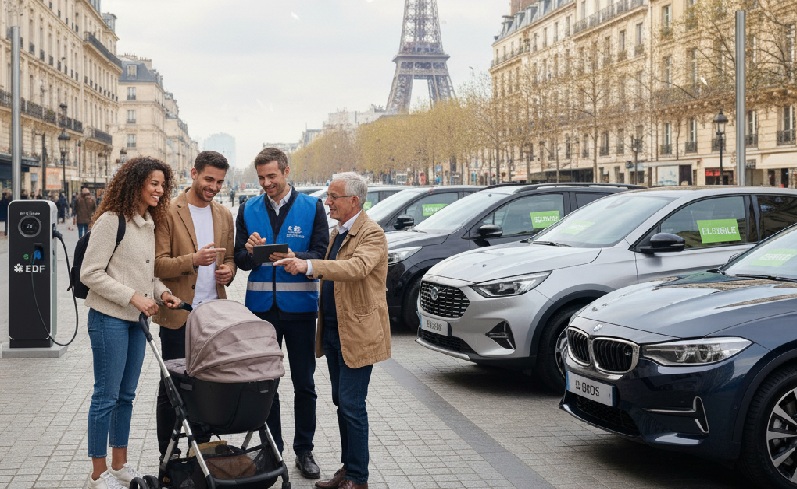The UK Department for Transport (DfT) has updated the conditions under which vehicle manufacturers can register their electric models as eligible for the Electric Car Grant (ECG), a scheme offering financial support for the purchase of zero-emission vehicles.
The grant applies exclusively to new vehicles with a recommended retail price (RRP) of 37,000 pounds or less.
The level of support varies depending on the environmental performance of each model, with two tiers available: 3,750 pounds for vehicles with the lowest carbon manufacturing footprint, and 1,500 pounds for those with intermediate scores.
Vehicles must meet the following minimum technical standards:
- Be an M1 category vehicle (passenger transport).
- Have zero tailpipe CO₂ emissions (0g/km).
- Offer a minimum range of 100 miles (WLTP).
- Use batteries or fuel cells with low degradation and guaranteed performance.
Warranty requirements include a minimum of eight years or 100,000 miles for the battery, which must be replaced if capacity falls below 70%.
The rest of the vehicle must be covered for at least three years or 60,000 miles.
Manufacturers must also offer customers the option to extend the battery and drivetrain warranty by an additional two years, which may come at an extra cost.
To access the scheme, manufacturers must submit an application with supporting technical and environmental documentation.
The Vehicle Certification Agency (VCA) is responsible for technical assessment, while the Office for Zero Emission Vehicles (OZEV) reviews environmental criteria.
Environmental requirements include:
- Holding a verified Science Based Target under the SBTi initiative.
- Declaring the country of vehicle assembly and battery cell production, which directly affect the vehicle’s environmental score.
The emissions analysis is based on country-level carbon intensity data provided by the International Energy Agency (IEA) for the year 2022.
Battery cell production accounts for 70% of the total environmental score, while vehicle assembly contributes the remaining 30%.
Only models that pass both assessments will receive an offer letter confirming their eligibility and will be added to the ECG portal, which is used by dealerships to manage grant payment procedures.
The Government notes that both the grant levels and eligibility requirements are subject to change without prior notice, depending on market developments and applicable regulations.
READ MORE
-
6 days left: How to make EV charging stations reliable, visible and durable?
On 5 November, Data Modul will host a web seminar on HMI solutions for EV charging stations — a must-attend event for manufacturers seeking to innovate and optimise their products.
-
Rightcharge secures £1.6M to boost EV charging payments for Europe’s fleets
Public charging remains fragmented and reimbursing employees for home charging is often slow and error-prone. However, fleets using Rightcharge can reduce charging costs by up to 90%.
-
Strong demand for France’s social EV leasing with 41,500 cars already leased
To date, over 41,500 vehicles have been leased, including more than 11,360 by beneficiaries who live or work in areas where air quality is a concern.










